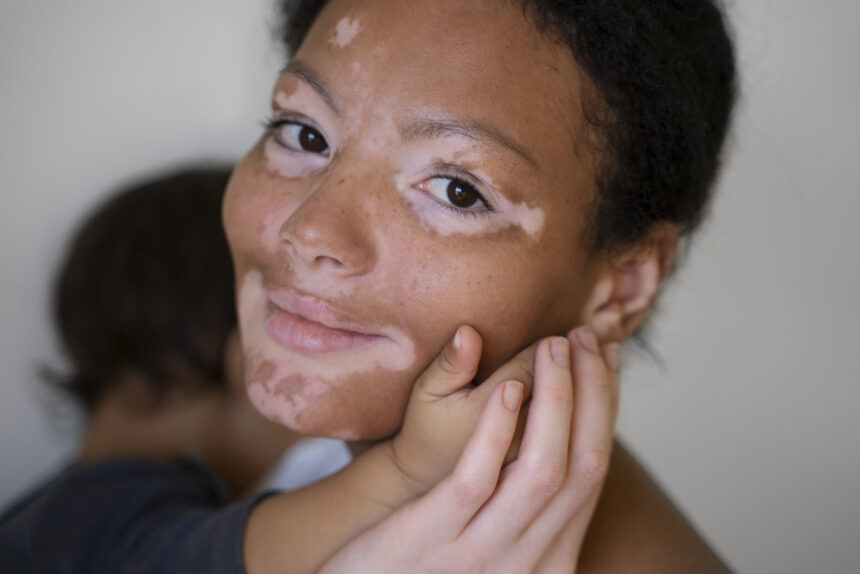Skin disorders affect millions of people worldwide, and South Africa is no exception. The diverse population and varied environmental factors contribute to a wide range of skin conditions. Understanding common skin disorders and the available treatment options is crucial for effective management and maintaining healthy skin. In South Africa, where access to healthcare resources may vary, promoting awareness and providing adequate care for skin disorders are essential.
Here are some common skin disorders in South Africa and the treatment options available:
- Acne: Acne is a prevalent skin condition characterized by the formation of pimples, blackheads, and whiteheads. Treatment options include topical creams or gels containing ingredients like benzoyl peroxide, salicylic acid, or retinoids. In severe cases, oral medications such as antibiotics or isotretinoin may be prescribed.
- Eczema (Atopic Dermatitis): Eczema is a chronic inflammatory condition that causes dry, itchy, and red patches on the skin. Treatment includes moisturizers, topical corticosteroids, and non-steroidal creams or ointments to manage symptoms and reduce inflammation. In severe cases, oral medications or immunosuppressants may be necessary.
- Psoriasis: Psoriasis is an autoimmune condition that leads to the rapid buildup of skin cells, resulting in thick, scaly patches. Treatment options range from topical corticosteroids, vitamin D analogs, and calcineurin inhibitors for mild cases to phototherapy and systemic medications (retinoids, methotrexate, or biologics) for moderate to severe cases.
- Fungal Infections: Fungal infections such as ringworm, athlete’s foot, and candidiasis are common in South Africa’s warm and humid climate. Antifungal creams, powders, or oral medications are often prescribed to treat these infections. Maintaining proper hygiene and keeping the affected areas clean and dry are crucial for prevention and management.
- Vitiligo: Vitiligo causes the loss of skin color, resulting in white patches on various parts of the body. While there is no cure, treatment options aim to even out skin tone and may include topical corticosteroids, calcineurin inhibitors, or topical calcipotriene. Phototherapy, excimer laser treatment, or skin grafting may also be recommended in some cases.
- Hyperpigmentation: Hyperpigmentation refers to areas of the skin that are darker than the surrounding skin. Treatment options include topical creams with ingredients like hydroquinone, retinoids, or azelaic acid. Chemical peels and laser therapy can also be effective in reducing hyperpigmentation.
- Skin Cancer: Skin cancer, including melanoma and non-melanoma types like basal cell carcinoma and squamous cell carcinoma, is a significant concern in South Africa due to high levels of sun exposure. Treatment options may involve surgical removal, radiation therapy, topical medications, or immunotherapy, depending on the type and stage of the cancer.
It is important to note that this list is not exhaustive, and there are many other skin disorders that individuals may experience in South Africa. Seeking professional medical advice and diagnosis from a dermatologist or healthcare provider is crucial for an accurate assessment and appropriate treatment plan.
In South Africa, access to dermatological care and treatments may vary depending on geographic location and socioeconomic factors. Efforts are being made to improve access to specialized dermatology services, raise awareness about skin health, and provide resources for individuals with skin disorders. Public health campaigns, community outreach programs, and collaborations between healthcare professionals, patient advocacy groups, and policymakers are essential for ensuring equitable access to quality care.
In addition to medical treatments, maintaining a good skincare routine is vital for overall skin health. This includes regular cleansing, moisturizing, and sun protection with broad-spectrum sunscreen. It is also important to avoid excessive sun exposure, practice good hygiene, and adopt a healthy lifestyle that includes a balanced diet, regular exercise, and stress management.
Understanding common skin disorders and the available treatment options is crucial for individuals in South Africa to take control of their skin health. By promoting awareness, improving access to healthcare resources, and providing comprehensive care, individuals can effectively manage skin disorders and maintain healthy, radiant skin.










